For more than a decade, KCS has used an existing FRA waiver to conduct a Class III brake test on the bridge, which until last year was where trains also stopped for a crew change.
KCS in May 2018 requested that the test be shifted to its Nuevo Laredo or Sanchez yards in Mexico. About six weeks later, KCS began using Mexican crews to handle cross-border trains moving between yards in Laredo and Nuevo Laredo as one element of a broader plan to boost cross-border capacity.
Moving both the brake test and crew changes off the bridge would permit trains to roll across the single-track span without stopping.
The FRA ruled on March 12 that KCS’s request to move the Class III or “set and release” brake test to Mexico for northbound trains was “not in the public interest or consistent with railroad safety.”
The FRA cited a lack of supporting information in KCS’s request, and the agency was not swayed by the railroad’s contention that stopping northbound trains for a brake test on the bridge posed safety and security risks since the trains are stretched out through downtown Nuevo Laredo.
Rail labor and 27 members of Congress opposed the brake-test waiver request, FRA noted in its response to KCS.
“The waiver modification that KCS requested is only one aspect of KCSR’s ongoing effort to improve the efficiency and fluidity of the International Bridge at Laredo,” KCS spokeswoman C. Doniele Carlson says. “While KCSR is disappointed with FRA’s decision, KCSR is reaching out to FRA to better understand and address FRA’s expressed concerns.”
KCS is aiming to make operating practices at Laredo mirror those at U.S.-Canada border crossings.
The Laredo bridge — the busiest international rail gateway in North America — is nearing capacity as KCS’s cross-border traffic grows.
KCS has been working on several ways to make the gateway more fluid and efficient. Among them:
- Using Mexican cross-border crews to eliminate the time-consuming crew-change on the bridge.
- Moving the brake test to Nuevo Laredo.
- Working with U.S. and Mexican customs to consolidate inspections at a joint facility and to consider faster scanning equipment that would raise train speeds beyond the current 5 mph-limit on the bridge.
- Increased use of the Brownsville-Matamoros gateway, which currently sees only four of five trains per day, as a relief valve for Laredo.
The FRA’s brake-test decision will have no impact on KCS’s use of Mexican cross-border crews.
“This has no relation to the international crew effort,” Carlson says. “We continue to utilize international crews safely every day in the operation.”
Rail labor was quick to link the brake test and Mexican crew issue, however.
“Under President Trump’s watch Mexican crews have been allowed to operate trains in the U.S., while American crews are prohibited from operating trains in Mexico. It’s not fair, it’s not right and it has cost American jobs,” says John Risch, national legislative director for the SMART union. “The Mexican trade unions and the American trade unions agree that we should not be crossing each other’s borders. It’s time President Trump instructs the folks over at FRA to put an end to the practice.”
The use of Mexican crews in cross-border service has not resulted in the layoff of any American crews, KCS says. In fact, KCS hired more than 20 additional crew members in Laredo last year to support ongoing traffic growth.
The FRA letter to KCS and related documents are available online.





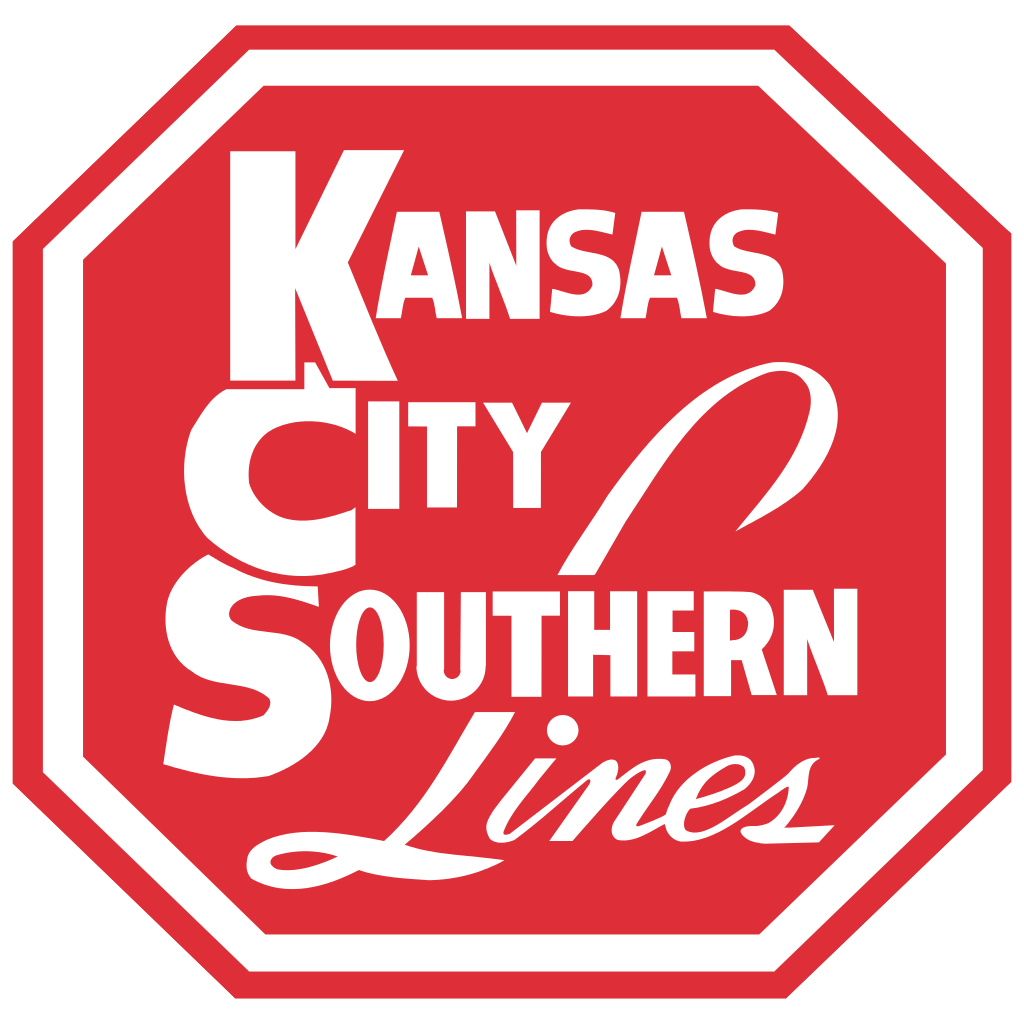

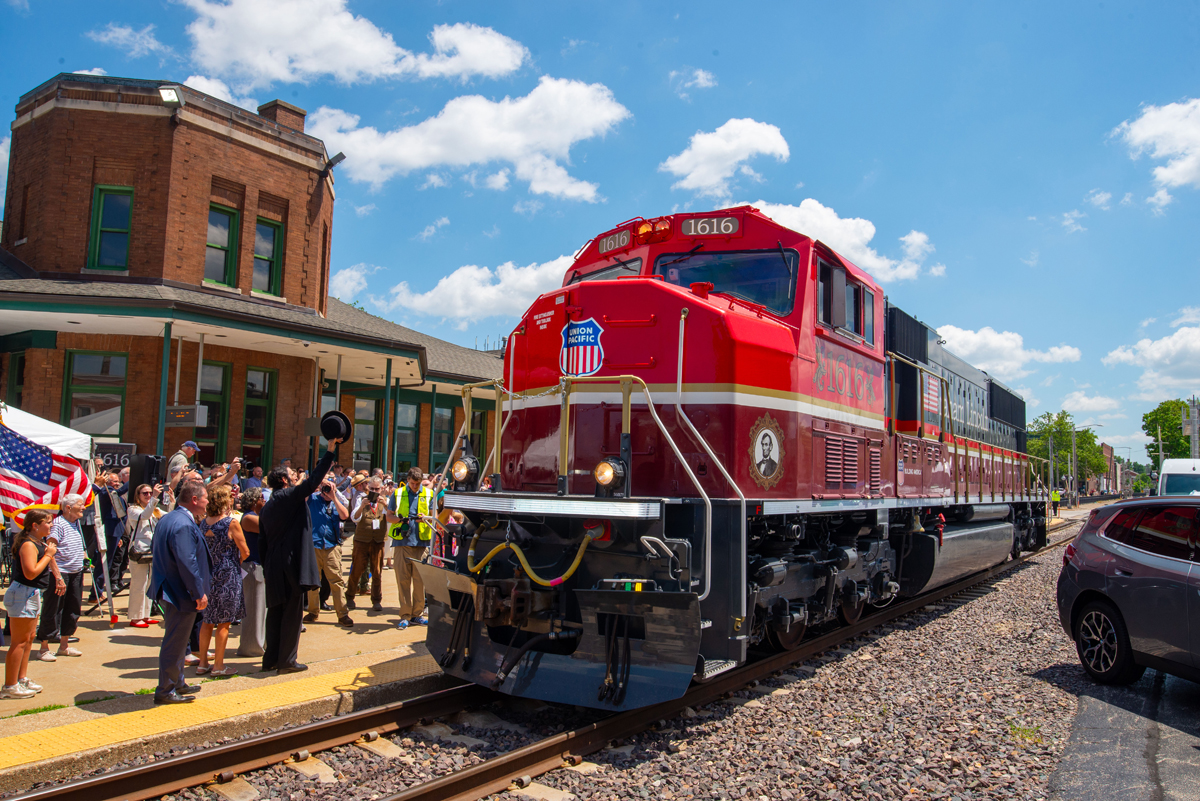
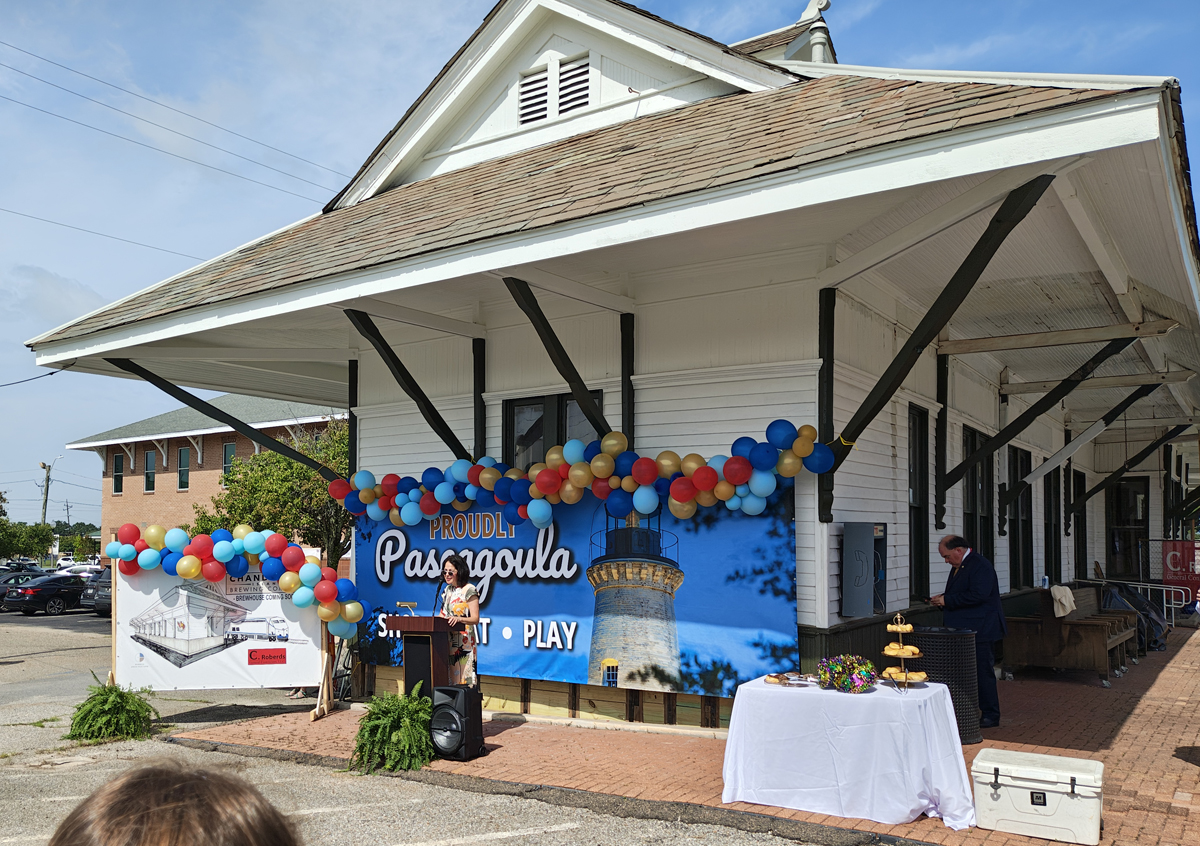
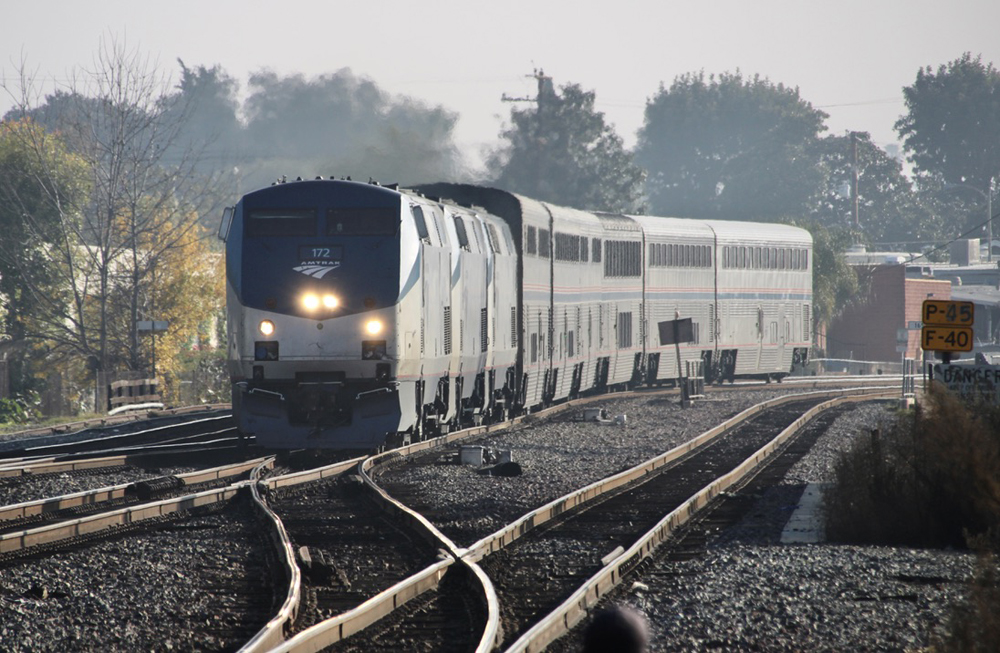
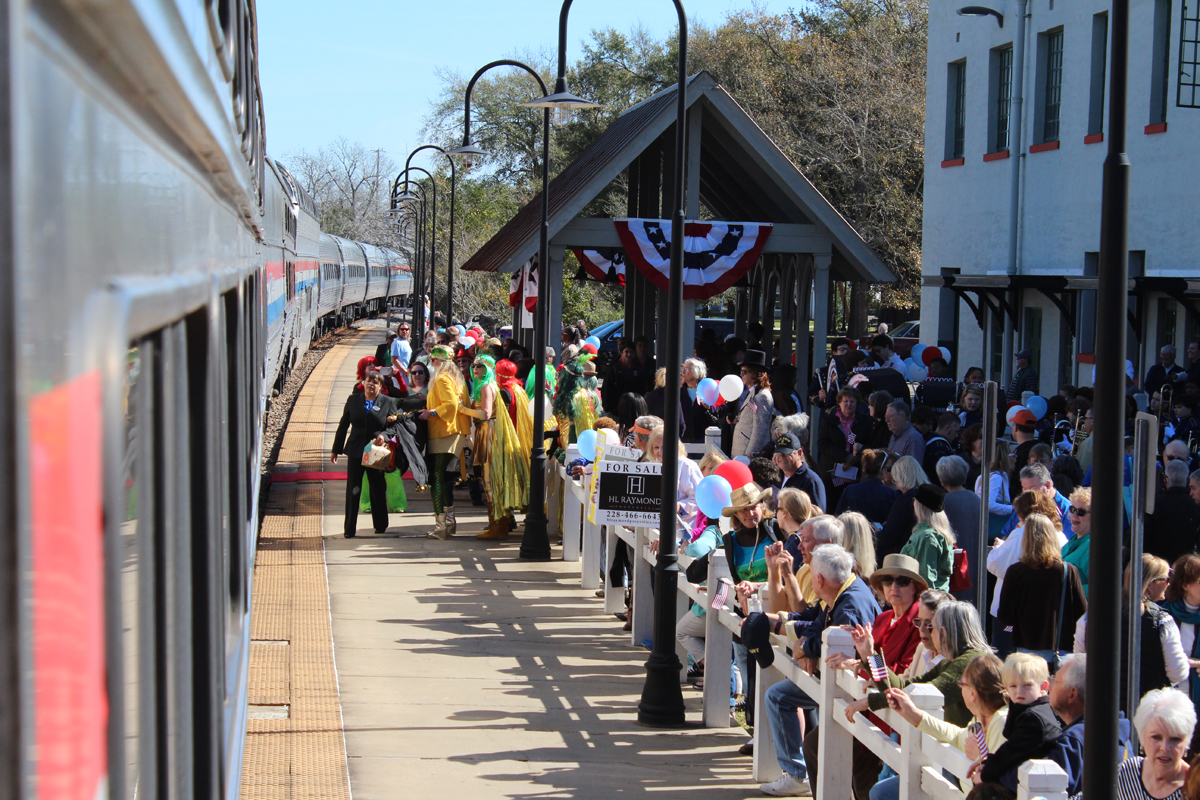




It would seem to me to be safer to do the brake test in the yard rather than on the bridge. But what the hell do I know anyway?
In supra dicta sunt per naturam communem, nec formare ex petiit advocatum / client necessitudinem. Non enim constituunt per legalis consilium. Non sum tui attornatus. Invenies tua dampnas causidicum.
Example of government meddling in every aspect of life. Is the brake test done as required? If yes, why does it matter where it is done? And you thought government agencies were there for safety!
If nothing else, have the trains just clear the bridge on the US side and then change crews and do the brake test.
I’m not big on Union work rules due to my work experiences. However, I kind of understand where the rail unions are coming from on this issue due to what happened in the trucking industry where Mexican drivers now go all over the US. I guess US truckers can technically do the same in Mexico but in actuality it doesn’t happen.